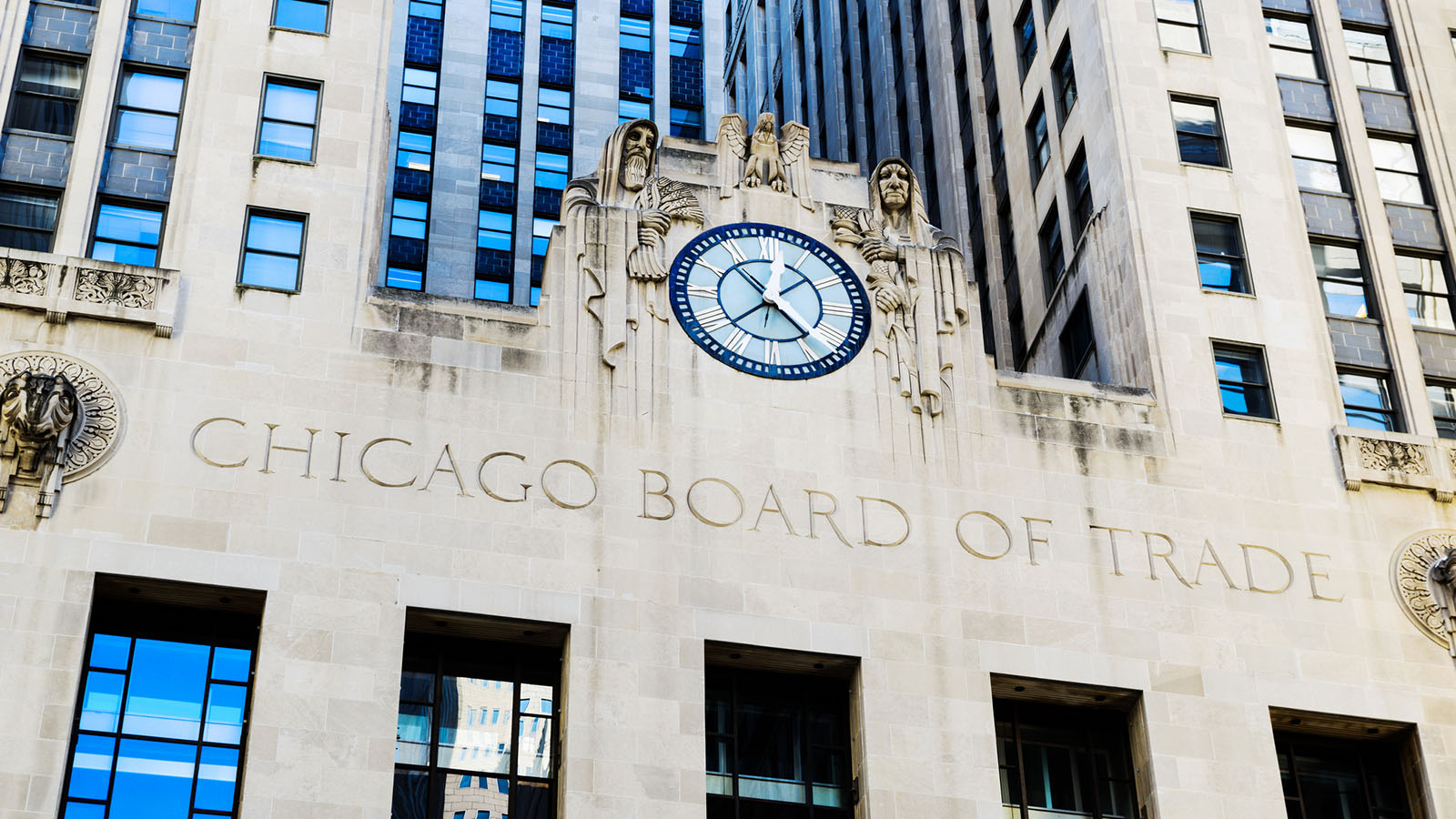History of the Chicago Board of Trade (CBOT)
The Chicago Board of Trade (CBOT) is a self-regulatory organization (SRO) under the oversight of the Securities and Exchange Commission (SEC) and the Commodity Futures Trading Comission (CFTC). The CBOT is a CFTC registered Designated Contract Market with its own regulatory authority and rules.
It was founded in 1848 as a voluntary association of grain merchants. Initially created to stabilize prices for agricultural products like corn and wheat, the CBOT benefited from Chicago’s strategic location near fertile farmland, railroads, and livestock transportation routes.
In 1959, the CBOT received a charter, allowing it to establish quality controls. Over time, its offerings expanded from agricultural products to include livestock, financial instruments, energy, precious metals, futures, and options.
In 2005, the CBOT became a subsidiary of CBOT Holdings Inc. Five years later, it merged with the Chicago Mercantile Exchange Holdings Inc., forming CME Group Inc. This combined entity offers a wide range of financial, commodity, and alternative futures products through an online trading platform.
Market Regulation
The Chicago Board of Trade (CBOT) collaborates with the Securities and Exchange Commission (SEC) to safeguard investors and uphold market integrity. The CME provides regular reports and other data to the SEC. Moreover, under Section 6 of the Exchange Act, the SEC can oversee the CBOT’s disciplinary actions and establish regulatory standards for the CBOT and other self-regulatory organizations (SROs).
Filing Complaints
Market Regulation encourages individuals to report potential violations of Exchange rules and regulations. Complaints can be filed anonymously by contacting Market Regulation directly. Otherwise, a summary can be submitted through the CME website. While information is typically confidential, it may be shared with the Commodity Futures Trading Commission (CFTC) in certain circumstances. To seek compensation for a claim, individuals must pursue arbitration, reparations, or legal action.
